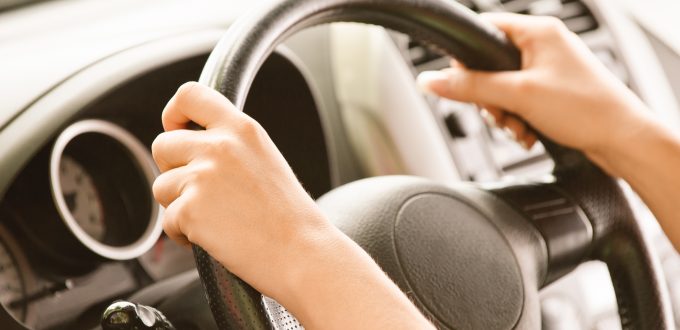
The experience of being in a car accident is tough enough, but it becomes even more challenging and stressful when you discover the driver of the other vehicle was operating without insurance.
Most personal injury claims, loss of income coverage, property replacement, and medical payouts come from the insurance company of the at-fault driver. With that option off the table, many victims are left wondering where to turn.
Even though it is illegal to operate a car without insurance, many people still do, making these cases more likely than you might think. If you are wondering how you can possibly seek damages for injuries sustained in a car accident without the safety net of proper coverage, here’s what you need to know.
Relying on Personal Insurance Coverage
Many people are unaware of just what their own insurance covers, but in many cases, you might have some coverage for your own injuries under your own policy. If you’re unsure, you should call your company and ask what coverage you have for uninsured driver accidents.
Usually, umbrella or comprehensive policies offer at least some repayment for uninsured driver accidents, but there is a catch. These policies may have a capped payout, where you only get a certain amount of money. However, you might also be able to draw from other areas of your policy to help that money go further.
For example, you might get vehicle replacement as part of your collision policy, saving the uninsured driver coverage for medical bills. A car accident attorney can help you to get payment from your own insurance if they are not cooperating with honest payouts.
This method is usually the best way to receive any sort of compensation. It may seem strange to file legal action against your own insurance, but this route generally produces the most successful results.
Checking the Facts
Is the at-fault driver truly uninsured? Sometimes, it’s not the driver’s fault that the insurance company denies coverage or the existence of a policy. Your lawyer will want to investigate to make sure that an insurance company is not denying coverage just to avoid paying.
For example, if the at-fault driver was a teen driving a parent’s car, the insurance company might argue that the driver was not on the original policy or that the policy doesn’t cover drivers under a certain age. While that might be true, it’s smart to check whether the insurer is responsible for covering an injured victim’s expenses.
Moving Forward With a Lawsuit
If you can’t get very much from your own insurance to cover the massive cost of your injuries, you’ll need a lawyer to help you file a lawsuit against the uninsured driver. Washington is not a no-fault state, so you can still file a personal injury lawsuit against other drivers on the road, even if they don’t have insurance.
If no insurance is available to provide a payment, however, you proceed without the guarantee of monetary repayment, which is why you should always discuss the circumstances of the accident and the at-fault driver with legal representation.
In some cases, filing a lawsuit can still be a good idea. The driver might have substantial personal assets that can be liquidated to help pay for your injuries. These cases can be complicated, however. Even if a person technically has great personal wealth, that wealth can be protected or even outside the reach of civil court.
On the other hand, if the driver has no or very few assets, getting a payment can be hard or even impossible, even if you fully deserve the money. A person renting a home, working part time, and supporting a child with government assistance will not be able to meet mandated court damages.
However, if your lawyer cautions you against filing a personal lawsuit, it’s not because they do not want you to get the compensation you deserve. It’s because collecting injury debt can be difficult for the following reasons:
- Debts can sometimes be waived during bankruptcy proceedings. The at-fault driver may just file for bankruptcy to avoid paying the damages, even if you win them in court.
- Civil penalties for driving without insurance can be harsher, making it harder for a person to pay. Your lawyer may want you to speak with the district attorney about your situation, but actually seeing cash may never be a reality.
- Litigation may be too expensive. Most victims of car accidents are already strapped financially. However, litigation is costly in both legal fees and lawyer costs, and those normally come from awarded payments.
Involvement in an accident with an uninsured driver is often the worst-case scenario for car accident injuries. But with legal representation, you can learn was avenues are open to you for collecting damages.
For more information, contact us at Otorowski Morrow and Golden, PLLC.
